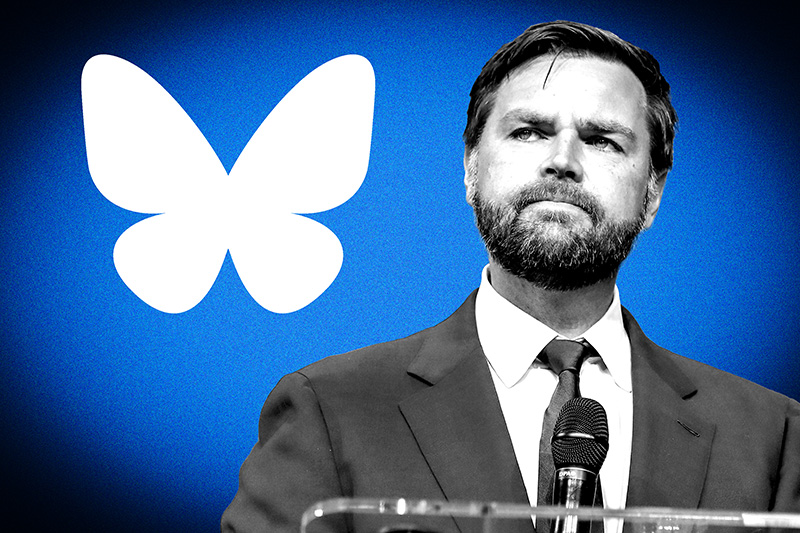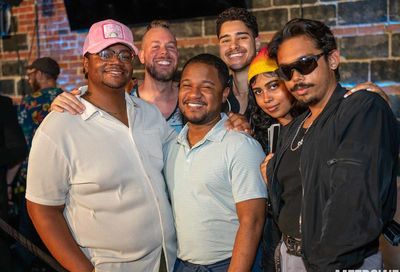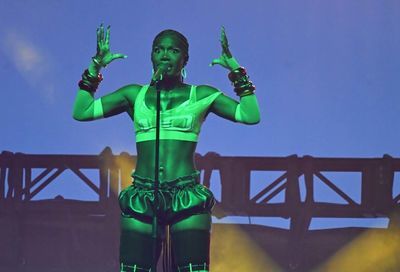Transgender Male Boxer Goes 3-0 Against Male Opponents
Patricio Manuel, the first out transgender boxer in the United States, remains undefeated since he began boxing against men in 2018.

A transgender boxer remains undefeated after winning the third victory of his professional career.
Patricio Manuel, 37, is the first out transgender boxer in the United States to have competed and won at the professional level. Manuel, who medically transitioned in 2013, has an undefeated 3-0 record since boxing against men in 2018.
The athlete nicknamed “Cacahuate,” the Spanish word for “peanut,” won the four-round match against Alexander Gutierrez in Indio, California, on June 8 with a unanimous decision from the judges. Manuel currently competes under Oscar De La Hoya’s Golden Boy Promotions.
“Picked up another win, got some stitches, hung with some of my people, did the thing I love with sacrifices but not compromises… all in all, 10/10,” Manual said in an Instagram post after the fight. “Thanks to my team and sparring partners for the guidance + help, @heather_mcfeatherr for the weight cut, @goldenboy for the opportunity to compete on a big stage, my opponent for saying yes, and everyone who cheered me on – both in the stands or on the screen.”
Earlier this year, in January, Manuel criticized the World Boxing Council’s (WBC) policy to create separate boxing categories for cis and transgender fighters.
“It is heartbreaking to me to have the WBC, a leader in my sport, argue that I don’t have a place in the ring as a man,” Manuel said in a statement through Athlete Ally, an organization promoting LGBTQ inclusion in sports.
“Given the WBC’s stated values of sportsmanship, diversity, and respect (via their philanthropic arm WBC Cares), I trust this intended new policy was made with the best of intentions to be inclusive of transgender boxers,” his statement continued.
“Yet, in reality, the WBC is inherently dehumanizing transgender people by implying that trans men aren’t men and trans women aren’t women. This rhetoric flies in the face of both existing policies at the highest level of governing bodies in the world of sports and my own lived experience.”
Manuel has been able to skirt the new restrictions by following existing rules regarding transgender boxers who wish to compete in competitions designated for the gender by which they identify. Those rules require that transgender athletes undergo gender confirmation surgery and hormone therapy, with a two-year period following the surgery, during which they are ineligible to fight.
Manuel is the first transgender male boxer to fight under that policy, which is based on guidelines from the 2003 International Olympic Committee’s Stockholm Consensus, and has been in place since the 2004 Summer Olympics in Athens.
What also makes Manuel’s victories unique is that they fly in the face of societal assumptions that, as someone assigned female at birth, Manuel, due to biological and physiological disadvantages, is forever doomed to be unable to hold his own against other male boxers.
Opponents of transgender participation in sports often employ the argument that no amount of surgical or hormonal intervention can eliminate the physiological advantages that those assigned male at birth enjoy over those assigned female at birth. Such arguments are used to justify bans on transgender athletes, often singling out transgender females who excel in their sports as having an “unfair advantage.” Yet Manuel’s continued success in the boxing world appears to offer a counter-narrative to those assertions.
Many other professional sports have begun to impose restrictions on transgender athletes — often choosing to force them to compete in an “open” category, in a separate transgender category, or in a category based on their assigned sex at birth, while others require transgender athletes to meet certain hormonal requirements based on the level of testosterone in their blood.
In the United States, only U.S. Boxing and the U.S. Golfing Association require trans athletes to undergo surgery before competing.
Support Metro Weekly’s Journalism
These are challenging times for news organizations. And yet it’s crucial we stay active and provide vital resources and information to both our local readers and the world. So won’t you please take a moment and consider supporting Metro Weekly with a membership? For as little as $5 a month, you can help ensure Metro Weekly magazine and MetroWeekly.com remain free, viable resources as we provide the best, most diverse, culturally-resonant LGBTQ coverage in both the D.C. region and around the world. Memberships come with exclusive perks and discounts, your own personal digital delivery of each week’s magazine (and an archive), access to our Member's Lounge when it launches this fall, and exclusive members-only items like Metro Weekly Membership Mugs and Tote Bags! Check out all our membership levels here and please join us today!






























You must be logged in to post a comment.